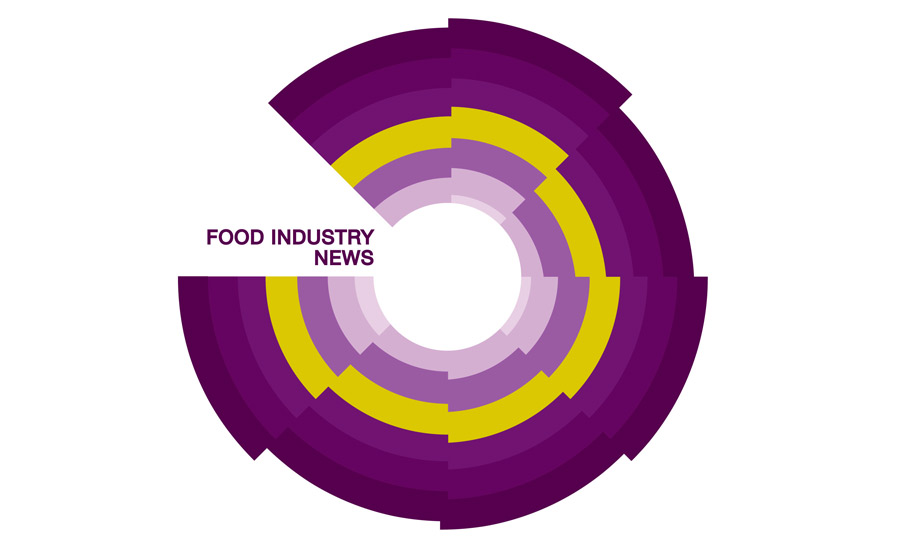There’s no evidence to suggest that foods from genetically engineered (GE) crops are less safe than foods from non-GE crops, according to a new National Academies of Sciences report.
The National Academies of Sciences, Engineering, and Medicine released its report, Genetically Engineered Crops: Experiences and Prospects, at an in-person presentation in Washington, D.C., that was also broadcast via webinar.
Brian Baenig, Executive Vice President, Food and Agriculture for the Biotechnology Innovation Organization (BIO), issued the following statement in response:
“BIO commends the NAS panel for maintaining a transparent and objective approach throughout the course of the study and for its commitment to a science-based process. Through a series of open meetings and webinars, which generated input from both opponents and proponents of the technology, the Committee upheld its promise to embrace open engagement.
“After carefully examining the benefits and potential risks of GE crops and food in the commercial marketplace for the past two decades, we are pleased that the study reiterates what the world’s scientific authorities have repeatedly concluded over the years: that agricultural biotechnology has many demonstrated benefits to farmers, consumers, and the environment.
“Science, technology, and modern farming techniques (including GE crops) must be one of the tools in the fight against world hunger and malnutrition amid the challenges of climate change. Innovations in agricultural technology are now – and will continue to be – absolutely essential to increasing production and efficiency for farmers, while producing food in a more environmentally sustainable way.”
NAS Report Upholds Safety of GE Foods
The National Academies of Sciences, Engineering, and Medicine recently released its report, Genetically Engineered Crops: Experiences and Prospects
